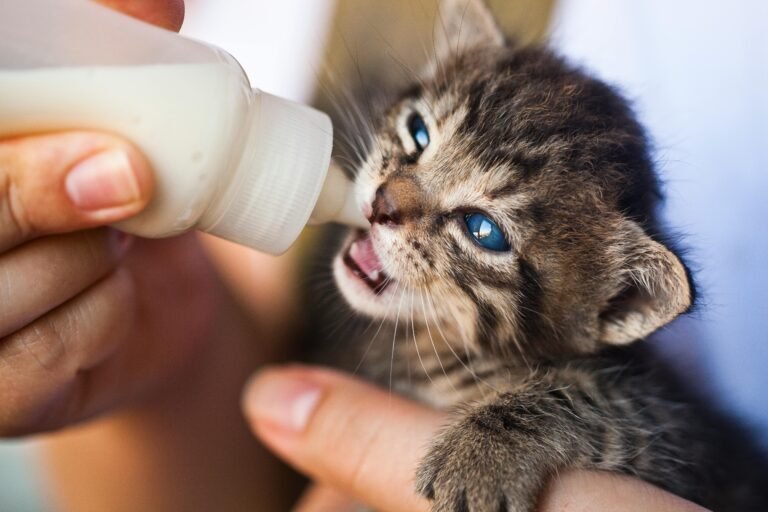Loyal, intelligent, and full of energy — Labrador Retrievers are one of the world’s most popular dog breeds. Whether they’re working as service dogs or cuddling with the family, Labs are beloved for their friendly temperament and trainability. But, like all breeds, they are prone to certain health issues that owners need to be aware of.
At PetShopHub.com, we’re here to help you understand these conditions and learn how to keep your Labrador healthy and thriving for years to come.
🦴 1. Hip and Elbow Dysplasia
🔍 What Is It?
A common orthopedic issue in larger breeds, this condition occurs when the joints don’t form properly, leading to pain, lameness, or arthritis.
✅ Prevention & Management:
- Choose a reputable breeder who screens for joint issues
- Keep your Lab at a healthy weight
- Add joint supplements (with vet approval)
- Use soft bedding and avoid slippery floors
🧁 2. Obesity
🔍 Why It Matters:
Labs love food — a little too much. Obesity can lead to diabetes, joint problems, and heart disease.
✅ Tips to Prevent Weight Gain:
- Follow portion control and feeding schedules
- Choose low-calorie treats
- Provide daily exercise (walks, playtime, swimming)
- Regular weight checks with your vet
👀 3. Progressive Retinal Atrophy (PRA)
🔍 What Is It?
PRA is an inherited eye disease that causes gradual blindness due to retina deterioration.
✅ Prevention & Action:
- Have your Lab’s eyes checked annually
- Use DNA tests for breeding stock
- Keep your pet’s environment consistent if vision is impaired
💛 4. Ear Infections
🔍 Why It Happens:
Labradors have floppy ears that trap moisture, especially if they love to swim. This creates a breeding ground for bacteria and yeast.
✅ How to Prevent:
- Dry ears thoroughly after baths or swims
- Use vet-recommended ear cleansers
- Check for redness, smell, or excessive scratching
❤️ 5. Exercise-Induced Collapse (EIC)
🔍 What Is It?
This genetic condition causes sudden weakness or collapse after intense exercise.
✅ Prevention & Monitoring:
- Avoid overexertion, especially in warm weather
- Watch for signs like wobbling or dragging limbs
- DNA testing is available for carriers
💊 6. Bloat (Gastric Dilatation-Volvulus)
🔍 What Is It?
A life-threatening emergency where the stomach twists, trapping gas and cutting off blood supply.
⚠️ Symptoms Include:
- Swollen belly
- Unproductive retching
- Restlessness or distress
✅ Prevention:
- Feed smaller meals twice a day
- Avoid heavy exercise right after meals
- Consider a slow-feeder bowl
🐾 7. Allergies and Skin Issues
🔍 What to Look For:
Labradors are prone to environmental and food allergies, leading to itchy skin, hot spots, or hair loss.
✅ Care Tips:
- Use gentle, hypoallergenic shampoos
- Consult a vet about allergy testing
- Maintain a balanced, high-quality diet
🐕🦺 How to Keep Your Labrador Healthy
- Schedule regular veterinary check-ups
- Provide daily mental and physical exercise
- Maintain a nutritious diet and proper portion sizes
- Keep up with grooming, dental care, and preventive treatments
🩺 When to See a Vet
Call your vet immediately if your Lab shows signs like:
- Lameness or trouble standing
- Sudden collapse or weakness
- Swollen abdomen
- Chronic itching, shaking head, or red ears
- Vision changes or eye cloudiness
Early diagnosis can help manage or even prevent serious issues.
🐾 Final Thoughts
Labradors may be robust and active, but they need attentive care to live a long, happy life. Knowing the common health risks and taking preventative steps can make all the difference.
At PetShopHub.com, we’re here to guide you every step of the way — with trusted advice, product reviews, and wellness tips tailored to your beloved Lab.





